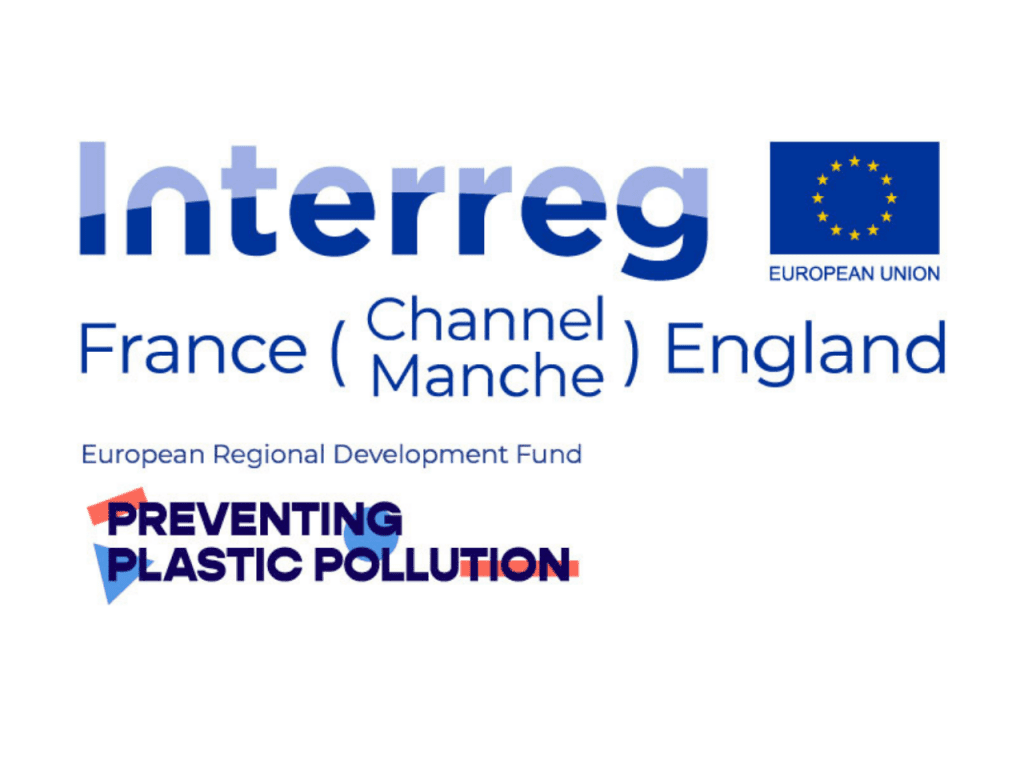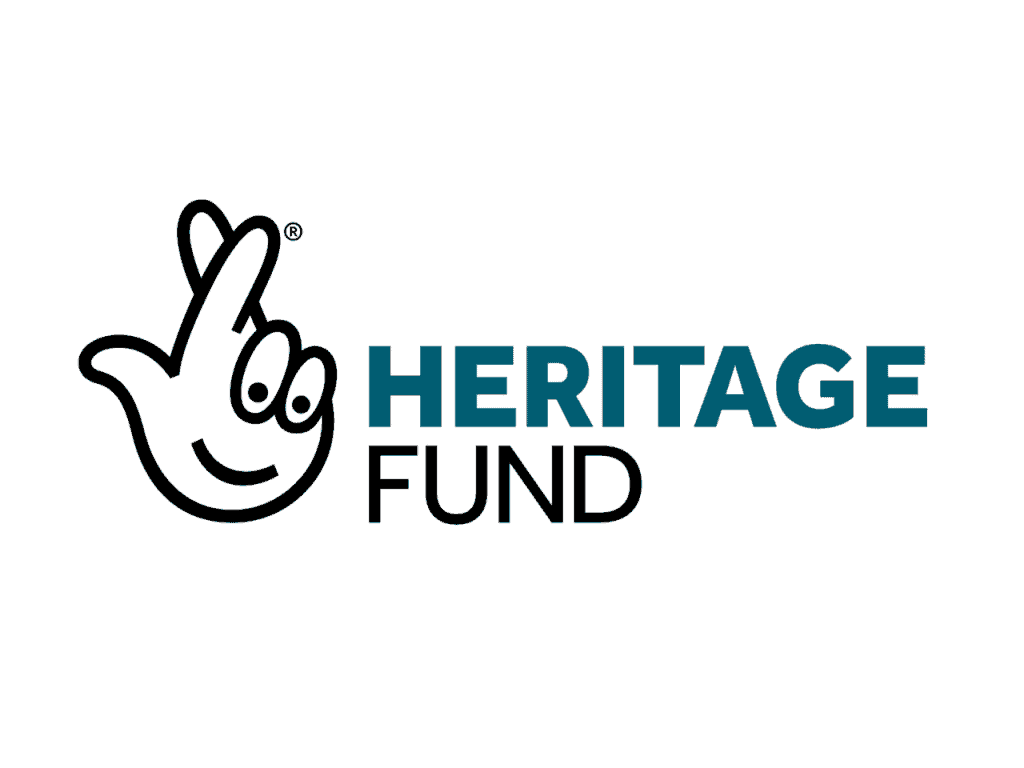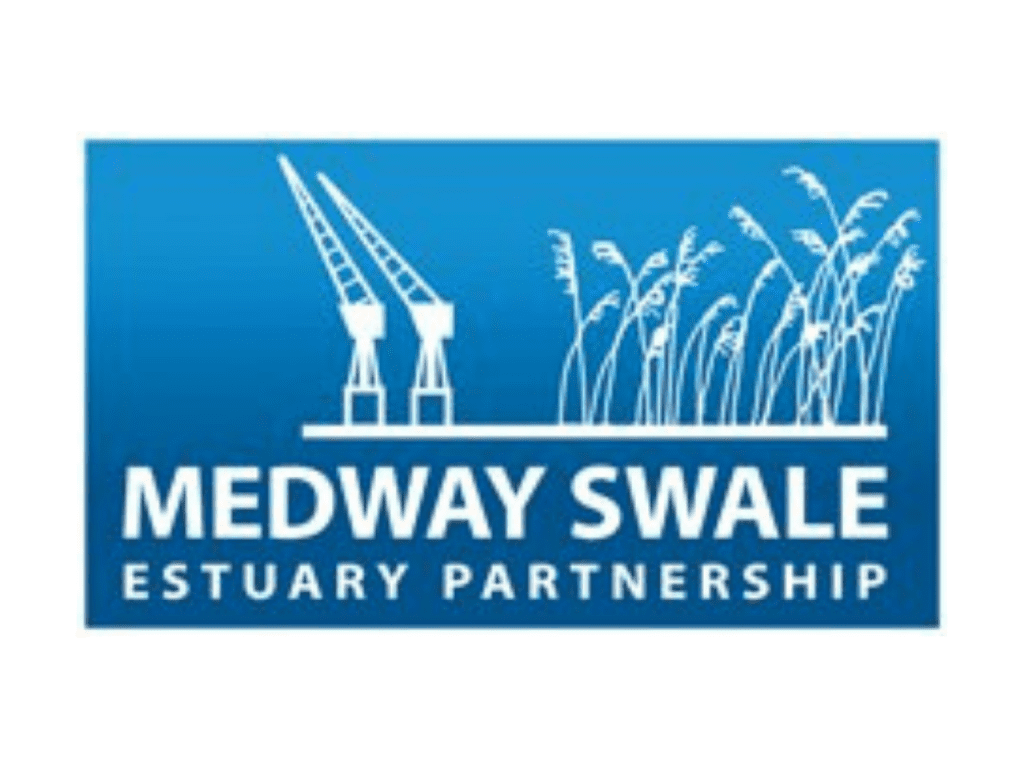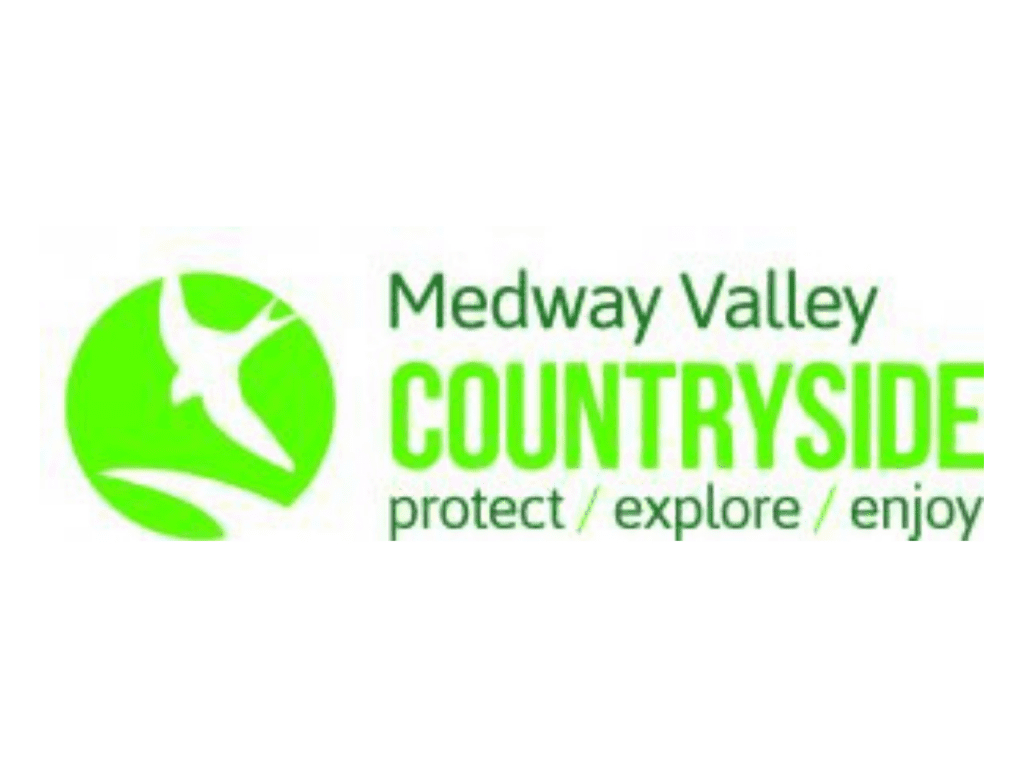Plastic pollution is a serious threat to our natural environment, with an estimated eight million tonnes of plastic waste escaping into the oceans from our rivers and coastal nations every year.
As part of the international Preventing Plastic Pollution (PPP) project, the South East Rivers Trust focused on the River Medway over the course of three year period, between 2020 and 2023. We worked with communities, schools, businesses and other partner organisations to understand, remove and reduce plastic pollution.
The overall PPP project brought together 18 organisations from across France and England. It was funded by the EU INTERREG VA France (Channel) England Programme project, and co-financed by the European Regional Development Fund to target seven pilot sites: Brest Harbour, Bay of Douarnenez, Bay of Veys, Poole Harbour, and the Medway, Tamar, and Great Ouse estuaries. In addition, SERT gained Heritage Lottery Fund support.




